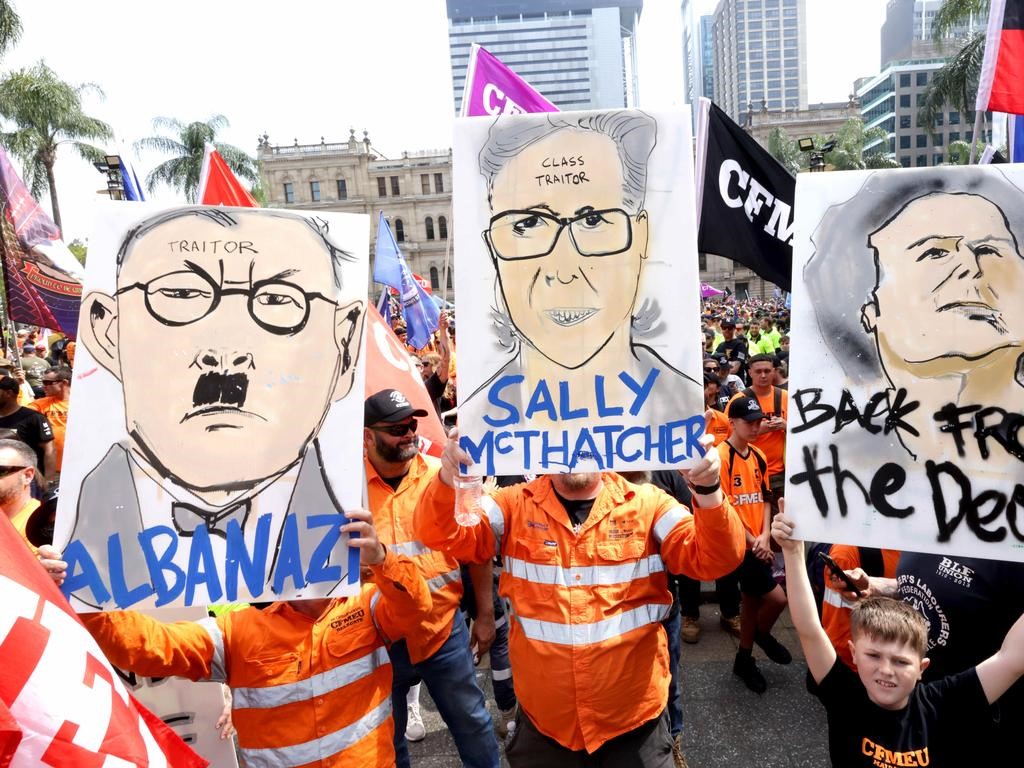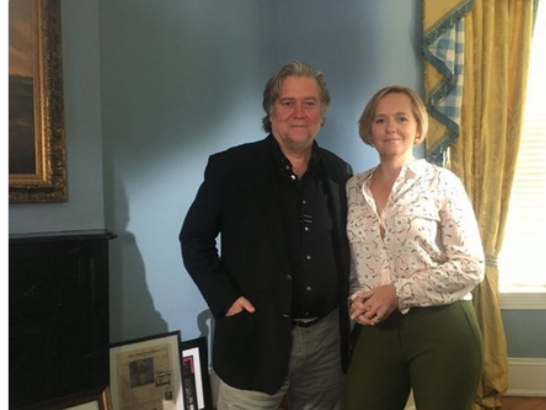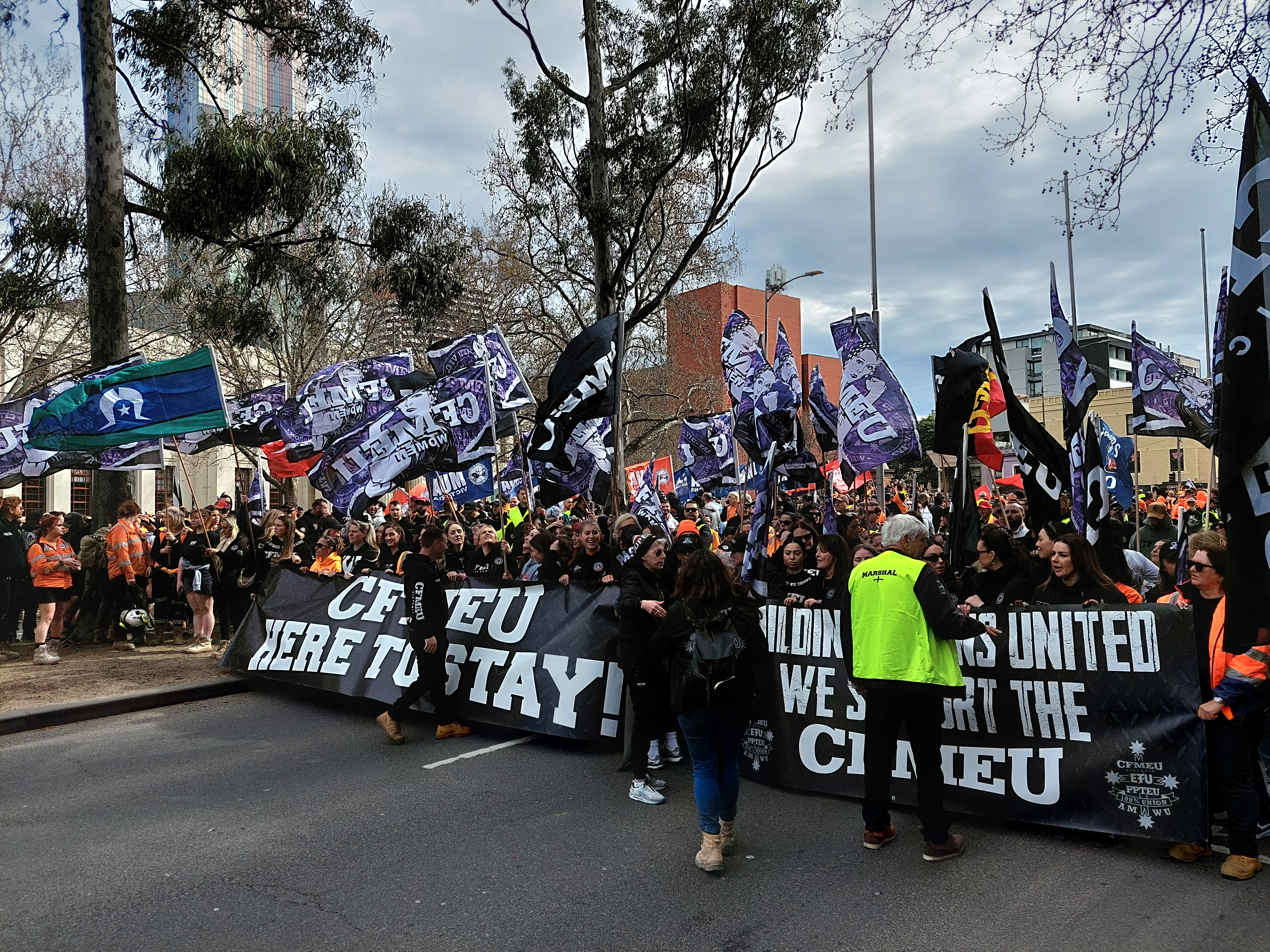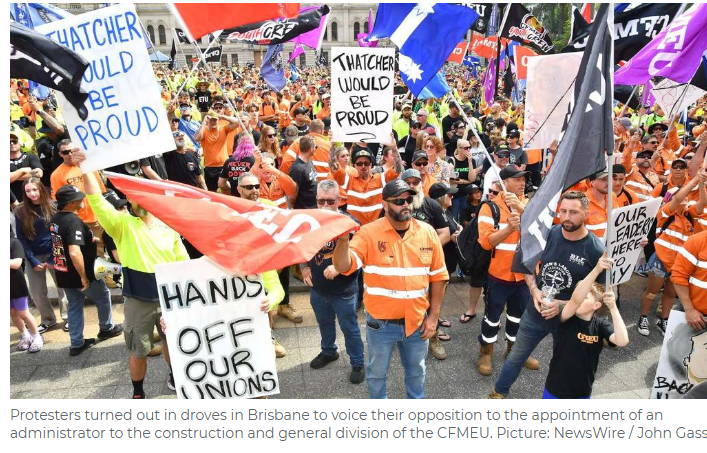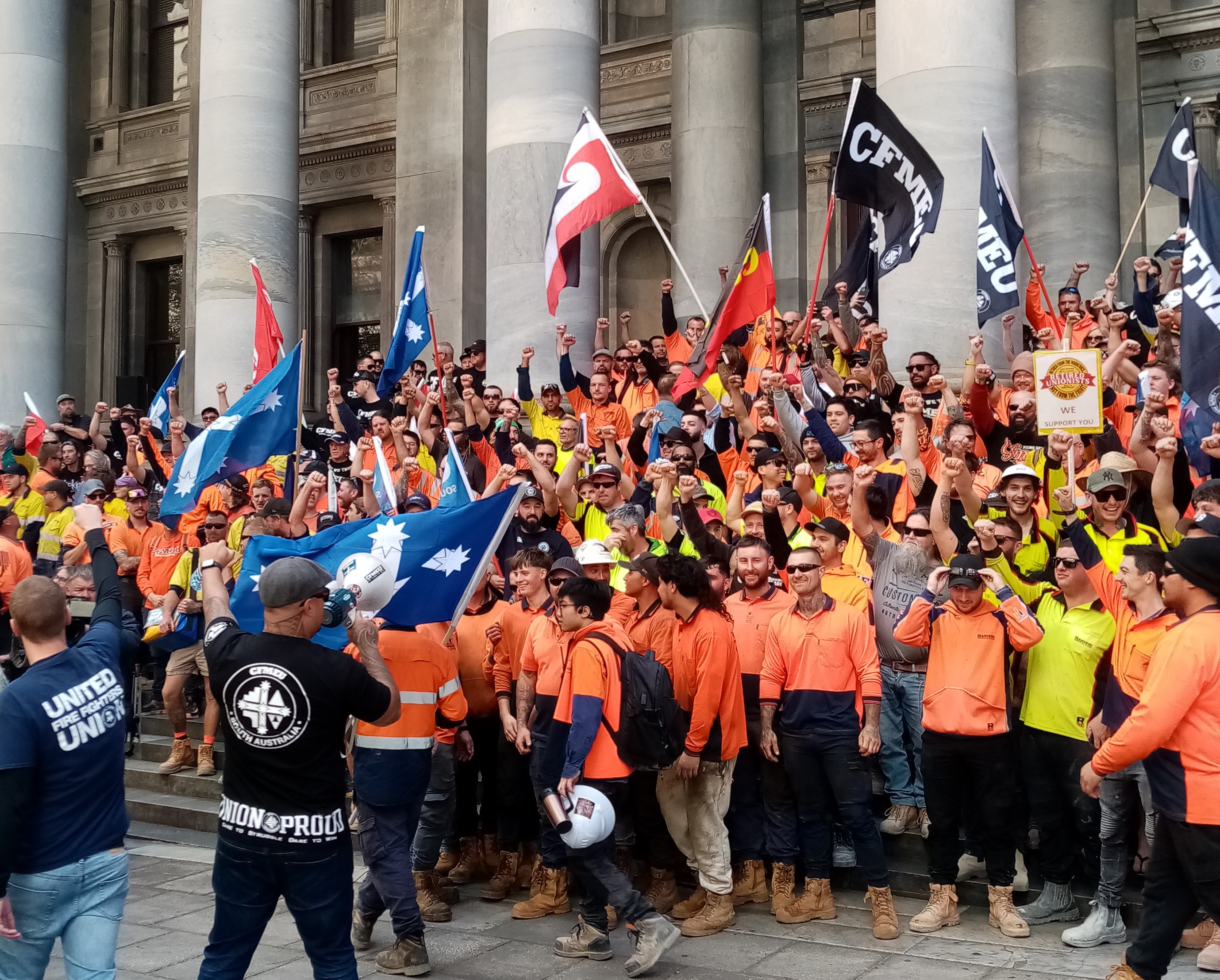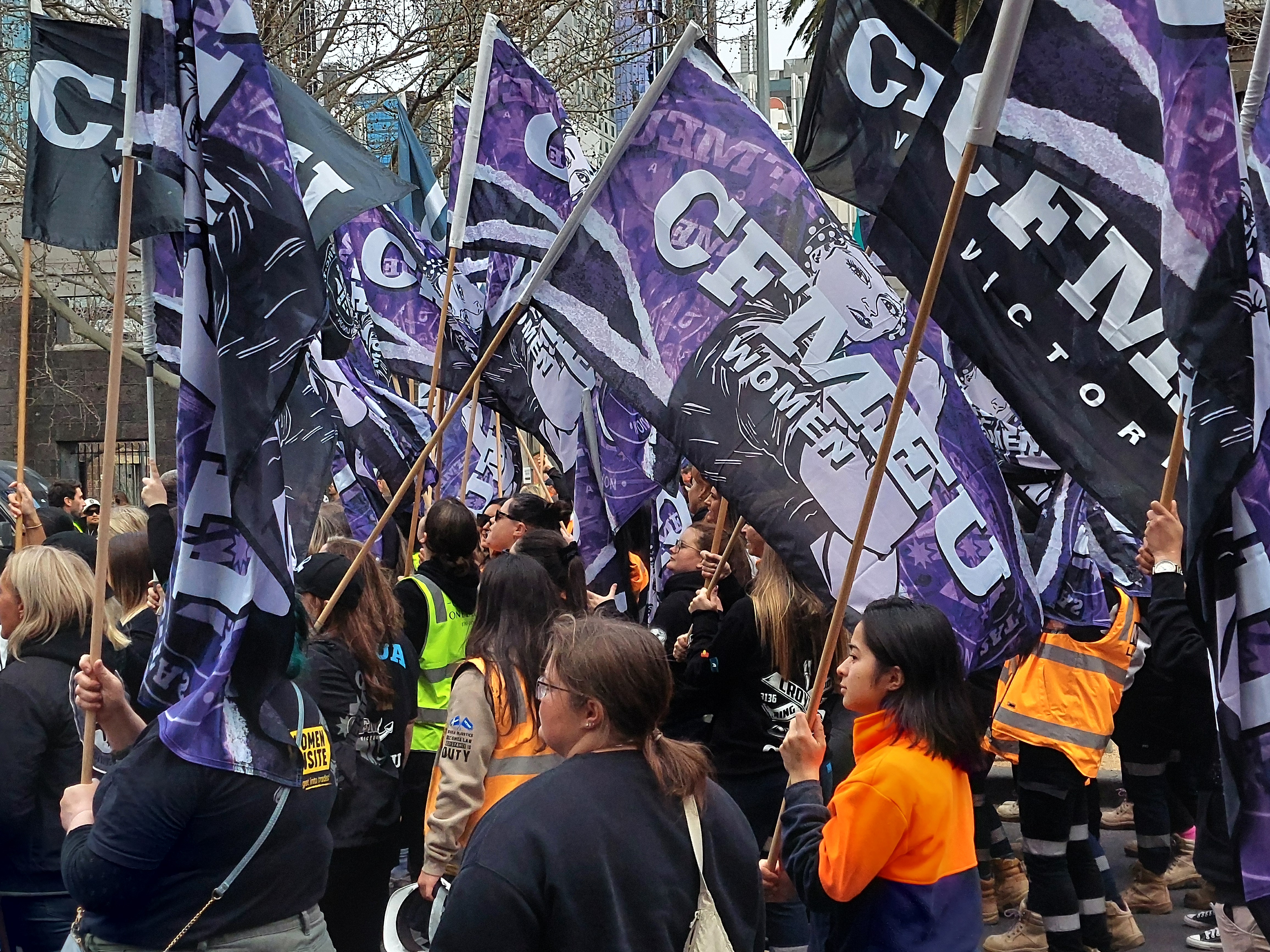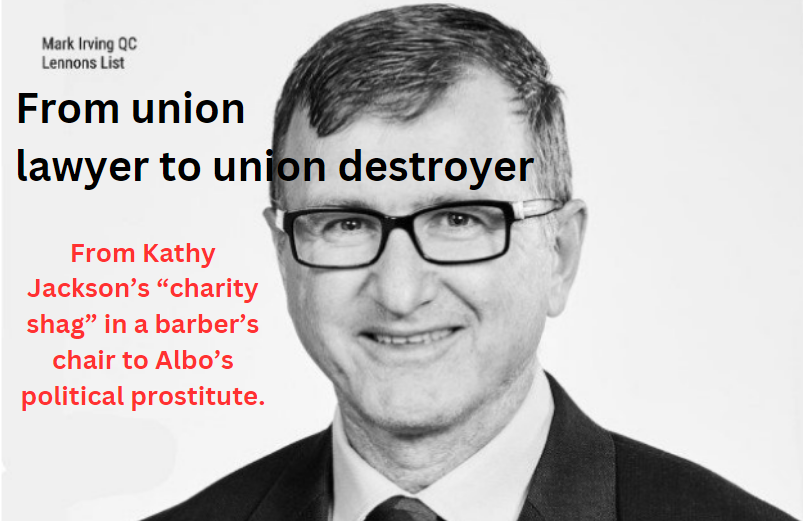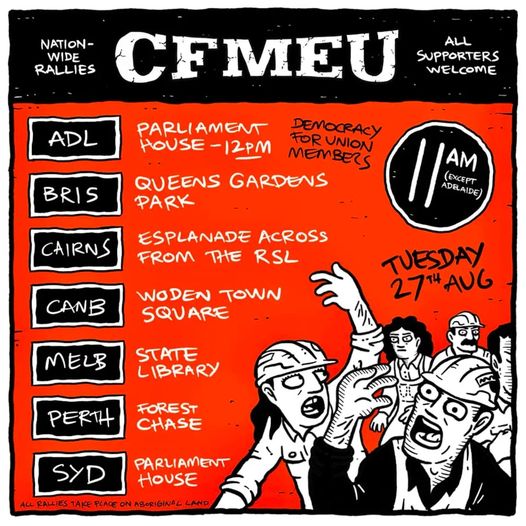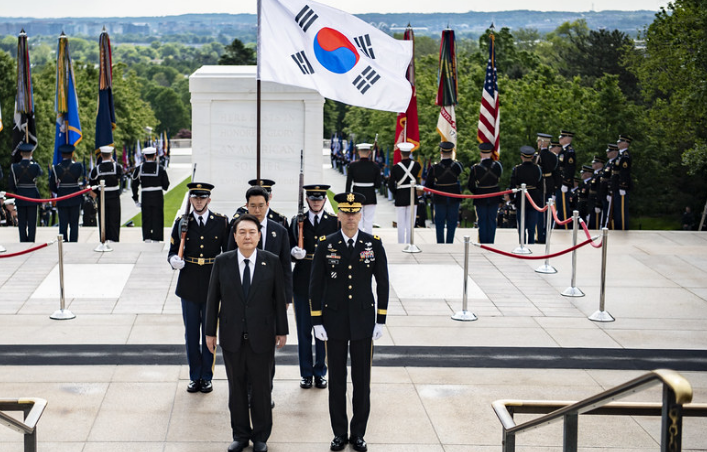Political Statement Issued by the Central Committee of
the Democratic Front for the Liberation of Palestine
First:
The Central Committee praised the heroic resilience of our
people and the valiant resistance in the Gaza Strip. The brutal war has entered
its 11th month, and yet the army of genocide has failed to achieve any of its
objectives. The resistance has regained its vitality, developed its combat
methods, renewed its military arsenal, and continues to confront the occupation
forces, inflicting heavy losses on them, as even the enemy has acknowledged.
Despite attempts to downplay these losses, the extent of the casualties among
soldiers and officers, as well as in equipment and machinery, is undeniable.
These losses have had a detrimental effect on the cohesion, readiness, and
human structure of the enemy’s army, and its ability to continue the war
against our people in Gaza and the resistance that stretches from the far north
to the far south. Gaza has become a symbol of defiance that has ignited the
emotions of people and freedom lovers around the world. Furthermore, the crimes
and massacres committed by the occupation against our people have highlighted its
fascist nature, which has played a significant role in garnering wide
international support for our national cause. This support has manifested in
the condemnation of the occupation and its crimes, bringing the Palestinian
cause to the forefront of the international community’s agenda. This includes
discussions in the White House, the U.S. Congress, the UN Security Council, the
General Assembly of the United Nations, the International Court of Justice, the
International Criminal Court, and various international and regional summits.
Our people and resistance have reaffirmed their determination to persist in
their struggle and fight in all forms, until the enemy’s might is broken, and
it is humiliated and forced to submit to our people’s legitimate national rights—freedom,
self-determination, independence, and the return of refugees to their homes and
properties in Palestine.
While saluting our people and their valiant resistance and
commending their heroic resilience that has astonished the world, the Central
Committee stresses the need for serious efforts in all forums to compel Israel
to implement the unanimously adopted UN Security Council Resolutions 2735 and
2728. These resolutions call for forcing the enemy’s government to cease its
aggressive war, withdraw completely from the Gaza Strip—including the Salah
al-Din axis, Rafah crossing, and the Netzarim axis—lift the siege on Gaza,
allow the flow of food, fuel, and medical supplies, ensure the return of
displaced persons to their homes, provide them with decent shelter to prevent
voluntary and forced displacement, and expedite the reconstruction of
infrastructure such as roads, water, electricity, environmental services, and
health services. The evacuation of critically injured people abroad for
treatment, the rebuilding of service institutions such as municipalities and
social institutions, and the provision of necessary conditions for the
reconstruction of what the occupation has destroyed through its war to restore
life once again to Gaza.
The Central Committee also reaffirms the continuation of
work with allies and friends to bring the occupying state to justice before the
International Court of Justice for its crimes against our people. This includes
summoning its military and political officials, foremost among them the killer
Benjamin Netanyahu, his war minister Yoav Gallant, his chief of staff Herzi
Halevi, and his terrorist ministers, to the International Criminal Court to
receive severe punishment for the war crimes their blood-stained hands have
committed against our people and our land.
Second:
The Central Committee of DFLP addressed the annexation war
that the fascist government has launched against the West Bank in various forms
and methods. These include ongoing bloody attacks that have intensified against
cities and camps in the West Bank, involving killings, destruction of
infrastructure, and mass arrests. Additionally, there are “legal” measures
aimed at annexing parts of Area B to Area C, including the Knesset’s decision
by majority to reject the establishment of a Palestinian state alongside
Israel, imposing military rule over Area A, reducing the powers of the
Palestinian Authority, and imposing a financial siege on it. This has caused
significant harm to the Palestinian economy, led to the demolition of homes
under various pretexts, the displacement of hundreds of families, the
confiscation of water springs, the seizure of agricultural tools such as
tractors and trucks, the looting of sheep herds and poultry farms, and the
displacement of their owners— farmers, peasants, and Bedouins—from their lands.
As a result, the West Bank, under Israeli law, resembles a part of Israel, with
the exception of some pockets under the control of a politically,
security-wise, and geographically besieged authority.
The Central Committee also noted The Palestinian
Authority's incapacity and frequent silence regarding the entirety of the
occupation’s policies and actions. This includes the concerning behavior of
some of its security forces, which hints at impending strife, such as pursuing,
arresting, and even assassinating resistance fighters in the West Bank, and
coordinating in certain areas with the occupation’s army. The Authority’s
response has been limited to issuing statements of condemnation and
denouncement, devoid of any practical steps to confront the occupation. It even
goes so far as to request the White House to pressure Israel to stop its
actions (!), ignoring the pressures from the U.S. administration to reshape the
Authority’s structures. This is in line with the ten conditions presented by
U.S. National Security Advisor Jake Sullivan, aiming to create a more pliable
Authority that aligns with the occupation’s policies and its liquidation steps,
as well as with the U.S. regional arrangements to extend the Arab-Israeli
normalization and establish a political-military Israeli-Arab-American alliance
against the regional national liberation movements, including the Palestinian,
Lebanese, Yemeni, and Iraqi movements.
The Central Committee affirmed That with its
unilateral applications of the Oslo Accords, the occupying state has reached
its terminal phase after more than 30 years of Palestinian struggle and
sacrifices. As a result, the Palestinian Authority has become a paralyzed
entity with no prospect for development, where the highest goal it can achieve
is merely administrative self-rule over the population, subordinated to the
occupying state and dependent on it politically, security-wise, and
economically. This is a practical implementation of Netanyahu's declarations
and his fascist government’s projects, affirming that no other state will exist
alongside Israel between the river and the sea.
Third:
The Central Committee of DFLP sees these developments as a
consequence of relying on the Oslo Accords and their obligations, which, at the
same time, represent a practical realization of the Zionist liquidation
project. These developments place the national situation in a new reality,
where reliance on American promises—including the two-state solution, which has
significantly declined in U.S. policy calculations—is no longer viable. The
same goes for the attempts to revive the Oslo Accords, including dragging the
Palestinian situation into the “Aqaba-Sharm El-Sheikh” security process.
The Central Committee emphasizes That the solution
lies in withdrawing from the Oslo Accords, its obligations, and commitments,
and reevaluating the relationship with the occupying state. This includes
implementing the decisions of the National and Central Councils, which involve:
1. Withdrawing recognition of the
occupying state until it recognizes the Palestinian state along the June 4,
1967, borders with Jerusalem as its capital, annuls the annexation of
Jerusalem, halts all forms of settlement, repeals settlement laws, and releases
Palestinian prisoners.
2. Halting all forms of security
coordination with the occupation army and its security apparatuses and
reformulating the security doctrine of the Authority’s forces to serve as a
protective shield for our people and their mass movement.
3. Disengaging from the “Paris
Economic Protocol” and adopting an alternative economic strategy with a popular
struggle nature that lays the foundation for building a national economy free
from the occupation’s constraints and aggressive measures.
The Central Committee also calls on all national forces
To assume their responsibilities by forming and activating a unified national
leadership that includes all forces, providing political cover for
comprehensive popular resistance in all its forms against the occupation. It is
necessary to organize the popular movement, strengthen its resilience, provide
it with all means of endurance, and deter the aggressive actions of settlers by
defending the lands and agricultural interests threatened with confiscation or
destruction.
The Central Committee of DFLP emphasizes That this
task must be at the forefront of the national and popular Palestinian
movements' priorities to break free from stagnation and fragmentation, and to
mobilize all elements of strength within the people, their political forces,
and their national and social institutions.
Fourth: "Beijing Declaration" ... A Step Toward
Ending the Division
The Central Committee of DFLP reviewed the outcomes of the
"Beijing Declaration" and considered it a significant step forward
that lays a practical foundation for ending the division and restoring internal
unity within Palestinian national institutions.
The Central Committee also praised the important role played
by the People's Republic of China in facilitating the dialogue's success,
seeing it as a major gain for the Palestinian cause on the international stage.
This broadens the circle of regional and international forces genuinely
interested in the national cause and supporting our people's legitimate and
inalienable national rights under the leadership of the PLO, the sole
legitimate representative of our people.
In this context, the Central Committee emphasized the
importance and necessity of immediately translating the outcomes of the Beijing
Dialogue into action. This should begin with the immediate convening of the
temporary leadership framework and the formation of a national unity government
composed of active and competent individuals to manage public affairs in the
West Bank and Gaza Strip. This will block any projects aimed at isolating Gaza,
separating it from the West Bank, fragmenting the unity of Palestinian state
territories, and undermining the material foundations of the national
Palestinian project.
The Central Committee stressed the responsibility on the
shoulders of the secretaries-general of the Palestinian factions to start
implementing the outcomes of the "Beijing Declaration" as outlined in
its final paragraph, which calls for adhering to specific timelines for
completing the agreed-upon steps. The Central Committee affirmed that, given
the significant developments in the national cause, no one can afford to wait
or delay in translating the Beijing Declaration's outcomes. Postponing this
until the war in Gaza ends would only serve to empty the Beijing Declaration of
its content and abandon its essence. This postponement is based on failed bets
that do not serve the interests, resilience, or struggle of our people.
Instead, it aligns with the U.S.-Arab-Israeli solution, aiming to impose a
mandate on our people in Gaza and reshape its structure to align with Israel's
vision for its future.
The Central Committee of DFLP calls on all national forces
and the entire Palestinian mass movement, both at home and in the diaspora, to
assume their national responsibilities by exerting maximum pressure on the
political leadership of the Palestinian Authority. The aim is to compel them to
immediately implement the outcomes of the "Beijing Declaration"
without hesitation or delay. We are racing against time, and the developments
in our cause put us all at a crossroads. It is evident that some paths could undermine
the national project. Therefore, we must thwart this Israeli-American option by
elevating the national option outlined by the Beijing Declaration's outcomes.
Fifth: The Beijing Declaration ... The Path to Rebuilding
the Palestinian System
The Central Committee reflected on the state of the
Palestinian political system and its deterioration, noting that the policy of
monopolizing national decision-making has become a serious threat to our
people's national interests, especially in light of the escalating Israeli
aggressions in Gaza as part of a genocidal war and in the West Bank under the
"decisive war" declared by the occupying state.
The Central Committee of DFLP emphasizes the need to
escalate the national struggle to rebuild the Palestinian political system,
which has decayed and become incapable of bearing national responsibilities.
The policy of monopolization has turned it into a cover for policies that rely
on American promises and alignment with the Arab system's project to generalize
normalization with Israel. This is a mistaken bet that, by doing so, it will
secure its position in the regional system equation that the U.S. is working to
establish, even if it means lowering the ceiling of the national project.
The Central Committee of DFLP asserts that the solution to
the crisis in the Palestinian political system lies in rebuilding it on
democratic foundations through general elections based on full proportional
representation for both the National and Legislative Councils, as well as
presidential elections. Meanwhile, until elections can be held, the Democratic
Front once again puts forward the initiative it launched on 16/1/2022. This
initiative calls for the immediate expansion of the membership of the PLO's Central
Council to include all Palestinian forces without exception, and for the
election of a new Executive Committee with a comprehensive representative
nature. This committee would cooperate and coordinate with the national unity
government to organize general elections at the earliest possible opportunity,
emphasizing the need to devise a national formula for organizing elections in
occupied Jerusalem and preventing the occupation authority from obstructing
these elections.
The Central Committee of DFLP believes that the suspension
of regular meetings of the Executive Committee has paralyzed its role and its
ability to exercise its powers, failing to meet the challenges and dangers
facing our national cause and rights. This has further harmed the performance
and role of all PLO institutions. The Central Committee insists that there is
no alteExecutive Committee's full role with its coalition composition, as the
daily political leadership, through its regular meetings under the chairmanship
of the Executive Committee's president, exercising its powers as a collective
leadership in decision-making instead of relying on the policy of
monopolization or resorting to ineffective consultative meetings of Executive
Committee members, which lack any decisive powers.
The Central Committee of DFLP reiterates that the outcomes
of the "Beijing Declaration," including its affirmation of the PLO's
representative position, its political program, and its reference to
international legitimacy resolutions, provide a solid foundation for taking
effective steps towards rebuilding the Palestinian political system.
Sixth: UNRWA in the Face of the Israeli-American War
The Central Committee of DFLP warned of the dangers posed by
the war waged by the Israeli occupying state against UNRWA, with the backing of
the U.S. administration. Amid the U.S. decision to abandon its funding
obligations to UNRWA, despite being one of the founding countries, the
occupying state is launching a fierce war against the agency by preventing it
from performing its duties in occupied Jerusalem and destroying its
institutions in Gaza, including its schools used as shelters, where thousands of
martyrs have fallen under the banner of the international organization. This
constitutes a flagrant, multifaceted violation of international law and the
sanctity of United Nations institutions. The Knesset has even labeled it a
terrorist organization, with a telling and significant silence from the United
States.
The Central Committee of DFLP views the open war by the
occupying state and the U.S. administration against UNRWA as fundamentally
targeting the right of return for refugees to their homes and properties and
undermining UN Resolution 194, which guarantees this right. It also daily harms
the interests of refugees in Gaza and refugee camps, especially in Syria and
Lebanon, where both countries suffer from severe economic and living crises,
greatly impacting the lives of refugees and their right to a decent life.
Therefore, the Central Committee of DFLP asserts that
defending UNRWA, our people's right to its services, and the necessity of
providing sustainable funding to cover its general, emergency, and exceptional
program costs is an urgent task for the Palestinian popular movement, its
political forces, the PLO, the sisterly Arab countries, and global capitals
that still see UNRWA as a factor of security and stability in our region, an
urgent necessity, and a political entitlement that cannot be overlooked, especially
given the worsening conditions in the occupied territories and Palestinian
refugee camps everywhere.
Seventh: "Flood of the Free"... From Support
Fronts to World Capitals
The Central Committee of DFLP extends its sincere greetings
to the support, engagement, and combat fronts alongside our people, including
the Lebanese resistance led by Hezbollah, the steadfast Syrian front in the
Golan, the brotherly Yemen led by Ansar Allah and the Yemeni army, and Iraq led
by the Popular Mobilization Forces. The committee views this support as a
renewed affirmation of the unity of Arab liberation movements on the ground,
facing Israeli occupation and the Atlantic alliance. The national cause has
been and will remain the central axis for ensuring the security and stability
of the region and defeating the U.S.-Israeli project.
The Central Committee also extends its greetings to the free
people of the world, in major capitals and other cities, as they express their
solidarity with our people's steadfastness, resistance, and legitimate national
rights, condemning the occupation and its massacres, and demanding Israel be
referred to the International Court of Justice and its leaders to the
International Criminal Court.
In this context, the Central Committee calls on the Front's
organizations, Palestinian, Arab, and Muslim communities everywhere, and all
friends of Palestine worldwide, to continue various forms of activism. They
should pressure their governments, parliaments, and unions to boycott the
occupying state politically, economically, academically, and culturally, and to
stop providing it with arms, ammunition, and other supplies, which the Israeli
fascist army turns into tools for mass murder. This has been evident in the
major massacres witnessed at shelters in Gaza, most recently at the Al-Tabi’in
School, and in so-called safe areas like the massacre at the Al-Mawasi camp.
Eighth: South Africa
The Central Committee DFLP extends its militant greetings to
the friendly state of South Africa, the initiator of the historic move to refer
the Palestinian issue and the crimes of the occupation, along with its
illegitimacy, to the International Court of Justice. The committee also salutes
the dozens of countries that adopted the issue alongside South Africa,
considering it a crucial step that has significantly contributed to exposing
the brutal reality of the Israeli state and the fascist nature of its Zionist
project, which is based on a genocidal war against our people and their
political extermination by refusing to recognize their legitimate national
rights and obstinately obstructing relevant international legitimacy
resolutions.
Ninth: Prisoners
The Central Committee of DFLP focused on the issue of
prisoners in the occupation's prisons and detention centers in the West Bank
and Gaza Strip. The committee highlighted the brutal practices that detainees
endure at the hands of enemy soldiers, marked by extreme savagery, which the
Israeli occupation has been unable to hide from public opinion. These practices
violate all international laws and conventions, expressing blatant brutality
and fascism, reflecting the deep-seated hatred and enmity of the occupiers
towards our people.
The Central Committee of DFLP reaffirms the necessity of
continuing to expose the occupation's crimes against our prisoners and
internationalizing their cause before international forums, including the
International Court of Justice, the International Criminal Court, and the Human
Rights Council. The committee also emphasizes the need to organize the broadest
possible international movement to condemn the occupation state's practices
against our prisoners. It also underscores the importance of energizing all
forms of mass movements in the West Bank and the diaspora, organizing national,
Arab, and international solidarity campaigns with our prisoners.
Additionally, the Central Committee stresses the prisoners'
right, and that of their families and the families of martyrs, to social care,
rejecting all Israeli and Western pressures to label our heroic prisoners as
terrorists and the dubious calls to deprive them of their legal, social, and
human rights.
Tenth: Salute to the Resisters, the Steadfast, and the
Martyrs, Leaders and Fighters
■ The
Central Committee of DFLP is honored to conclude this communiqué by extending a salute to all the fighters of our Palestinian
people across all fields—those within the occupied
territories, who are directly confronting the Israeli occupation and its brutal
army, and those across the diaspora, who are united with popular movements in
world capitals. The committee stresses the necessity of earnest work to provide
all elements of steadfastness and perseverance in the ongoing battle against
the U.S.- Israeli alliance and its followers.
■ In
this context, the Central Committee of DFLP sends a special salute to all arms
of the Palestinian resistance and its military wings, as well as to all Arab
forces on the support fronts. The committee also extends a particular salute to
our heroic comrades in the "Martyr Omar Al-Qasim Forces," who have
not hesitated or faltered for a moment in rushing to the field, engaging in
courageous confrontations against the enemy and its officers and machinery,
inflicting heavy losses in special operations or in joint operations with other
resistance forces, upholding the spirit of unity and partnership on the
battlefield.
The Central Committee of DFLP also offers the highest
respects and reverence to the noble martyrs who have watered the lands of
Palestine, Lebanon, Syria, Iraq, and Yemen with their precious blood in
honorable battles, where they have creatively taught the enemies lessons in
courage, bravery, and boldness.
As the Central Committee of DFLP dedicates this session to
the names of the martyr leaders—Ismail Haniyeh, Head of the Political Bureau of
Hamas; Talal Abu Zarifa, Member of the Political Bureau of the Democratic
Front; and Fouad Shaker, one of the prominent leaders of the Lebanese
Hezbollah—it pledges before the memory of all the martyrs to continue the
struggle in all fields, both at home and in the diaspora, alongside the rest of
our people’s forces, factions, and parties, within the framework of the PLO,
our sole legitimate representative, until our indomitable goals are achieved:
freedom, self-determination, the establishment of an independent, fully
sovereign state with Jerusalem as its capital on the borders of June 4, 1967,
and the resolution of the refugee issue in accordance with Resolution 194,
which guarantees their right to return to the homes and properties from which
they were displaced in 1948.
And we shall be victorious.
The Central Committee
The Democratic Front for the Liberation of Palestine
August 2024


